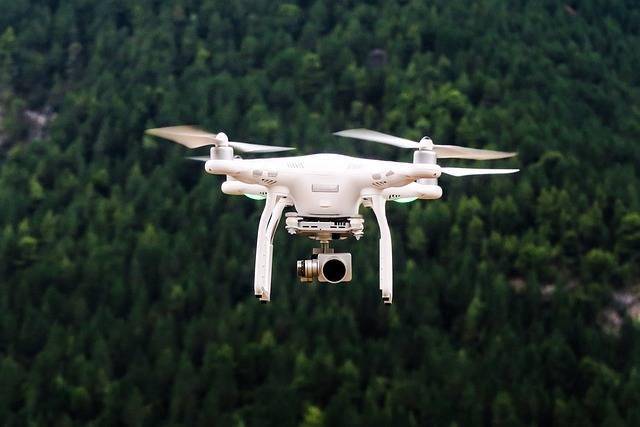Drone warfare under President Obama was a critical component of U.S. counter-terrorism strategy but it stirred significant controversy for its targeting practices. One notable incident that sparked international outrage involved the drone strikes targeting weddings, a deeply distressing development that raises profound ethical and legal questions regarding military operations and civilian casualties.
Understanding Obama’s Drone Policy
The Obama administration heavily relied on drones to conduct precision strikes against suspected terrorists. These unmanned aerial vehicles (UAVs) were considered a more efficient and safer alternative for eliminating high-value targets without risking American lives. However, the use of drones, especially when they targeted gatherings like weddings, brought to the forefront the debate on civilian collateral damage and the moral implications of such actions.
Drone Strikes and Civilian Impact
Drones, while effective in hitting intended targets, often resulted in unintended civilian casualties. In regions like Yemen and Pakistan, reports emerged of drone strikes mistakenly hitting weddings, which were erroneously identified as militant gatherings. These tragic errors resulted in numerous civilian deaths, creating a backlash against the Obama administration’s military tactics from human rights organizations and local populations. Families and communities were devastated, underscoring the need for stricter adherence to targeting protocols and more robust intelligence-gathering mechanisms.

Note: Strategies were employed to improve drone identification systems, as distinguishing between potential threats and civilians proved challenging and necessitated advancements in surveillance technology.
For many critics, the drone strikes epitomized a dehumanizing aspect of modern warfare. The tactical decision to target such events, even under intelligence suggesting the presence of high-profile terrorists, was considered detrimental to the U.S.’s global standing and moral authority.
Legal and Ethical Concerns
Legally, the use of drones for targeting weddings stirred debate on their compliance with international law. Key concerns included the differentiation between combatants and civilians, the proportionality of attacks, and the availability of direct evidence correlating specific individuals to terrorist activities. Ethically, these operations prompted discussions on respecting human life and maintaining accountability through transparent and regulated conduct of military actions.

Impact on Local Communities
Drone strikes during weddings left lasting impacts on the affected communities. Families endure the loss, grappling with the injustice of non-combatant fatalities. The local resentment not only damages U.S. relations in strategically crucial areas but also fuels anti-American sentiment, potentially undermining efforts to combat terrorism effectively.
Efforts to Mitigate Collateral Damage
The Obama administration faced mounting pressure to reform drone warfare protocols. This led to improvements in intelligence sharing with local partners, stricter guidelines, and increased transparency about strike results and civilian impacts. Initiatives aimed at repairing and rebuilding trust involved compensations and community outreach, yet the ethical debate persisted.
Related FAQs
Was there a change in drone policy after public backlash?
Yes, the public and international backlash prompted shifts towards more stringent targeting criteria, enhanced surveillance, and better intelligence coordination to minimize civilian casualties in drone operations.
Does the targeting of weddings affect international perceptions?
Absolutely, targeting weddings and other civilian gatherings negatively impacts the U.S.’s image and raises significant diplomatic concerns, necessitating careful reevaluation of strategies to align more closely with humanitarian law and ethical conduct.
In conclusion, the drone strikes focused on weddings during Obama’s presidency highlight a complex intersection of military strategy, ethical considerations, and international law challenges. It was emblematic of the broader debates surrounding modern warfare tactics and their implications for global peace and security.